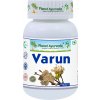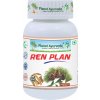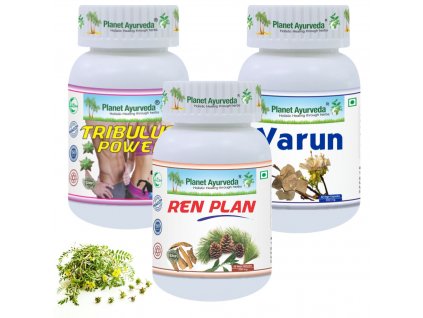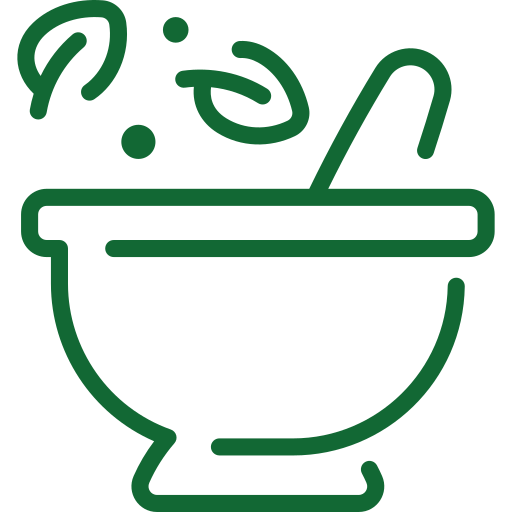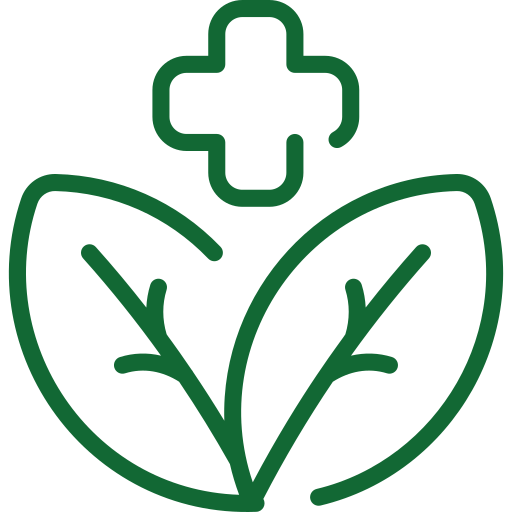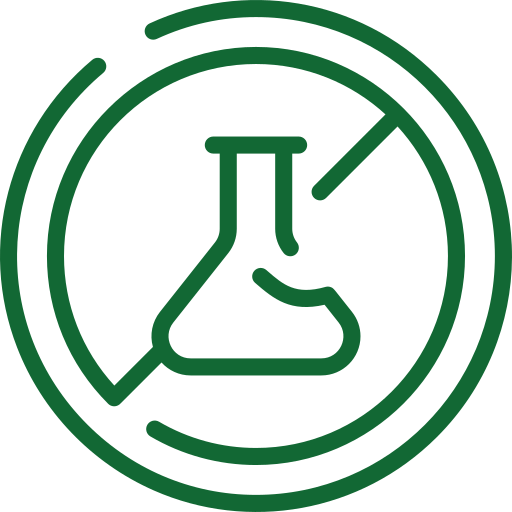Prostate
Prostate - modern and Ayurvedic view of health and diseases
The prostate is a small gland located below the bladder in men that enlarges with age. Prostate problems can involve a variety of diseases and conditions, including benign prostatic enlargement (BPH), prostatitis, and prostate cancer. Symptoms include frequent urination, difficulty urinating, pain in the pelvis and problems with erection.
Causes of origin
The causes of diseases and problems with the prostate can be multiple and are often linked to factors such as genetics, age, hormonal imbalances, poor diet and lifestyle. From the point of view of modern medicine, benign prostate enlargement (BPH) is often associated with aging and changes in the hormonal environment of the body. Inflammation of the prostate can be caused by a bacterial infection or other factors, such as long-term stress or a sedentary lifestyle.
From the point of view of the Ayurvedic system, prostate disorders are often associated with an imbalance in the so-called doshas, which are the basic components of the body according to Ayurvedic medicine. These doshas are Vata, Pitta and Kapha, which represent different combinations of elements such as air, fire, water and earth.
-
Vata dosha:
- Vata dosha imbalance can lead to dryness, increased mobility and instability. In the prostate area, this can cause dryness, changes in connective tissue and increased sensitivity to inflammatory processes.
-
Pitta dosha:
- an increase in Pitta dosha can cause overheating and inflammation. In the case of the prostate, this can lead to inflammatory processes that can affect tissue health and prostate function.
-
Kapha dosha:
- excessive Kapha dosha can lead to severity, stagnation and phlegm. In the prostate area, this can contribute to the formation of a plug in the channels, which can lead to an enlarged prostate and inflammatory conditions.
Other factors that can contribute to dosha imbalance and thus prostate disease include:
- improper diet: consumption of inappropriate foods that cause an increase in Vata and Pitta doshas and can lead to inflammatory conditions in the body.
- Sedentary lifestyle: lack of movement and physical activity can lead to energy stagnation and the formation of toxins, which can affect prostate health.
- emotional stress: severe emotional stress can affect the balance of the doshas and contribute to imbalances in the body.
Treatment according to Ayurveda involves normalizing dosha imbalances through appropriate diet, lifestyle, yoga practice, meditation and the use of natural remedies such as herbal extracts and blends. These treatment methods aim to restore balance in the body and support prostate health from the ground up.
To support prostate health
A variety of Ayurvedic herbs and herbal extracts can be beneficial for prostate health.
REN PLAN- is specially designed for treatment and prostate health support. It contains herbs like Pinus roxburghii, Saral, Andrographis paniculata, Kalmegh, Cucumis Sativus, Kheera, Raphanus sativus, Moolisatv, Varuna, Tribulus terrestris and others. These herbs have anti-inflammatory, diuretic, and immunomodulatory properties that can help relieve symptoms associated with prostate problems and promote overall prostate health.
Diseases of the prostate
There are several types of prostate ailments that can occur and for each there are different suitable herbs used in Ayurvedic medicine to treat and support them. Here are some common prostate ailments and examples of herbs used to treat them:
-
Benign prostate enlargement (BPH):
- symptoms: frequent urination, weak urine stream, problems with urination.
- Suitable herbs: Saw palmetto (Sabal serrulata), Pygeum africanum, Rye Grass pollen, Ashwagandha (Withania somnifera).
-
Inflammation of the prostate (prostatitis):
- symptoms: painful urination, pain in the pelvis, problems with erection.
- Suitable herbs: Gokshura (Tribulus terrestris), Shatavari (Asparagus racemosus), Punarnava (Boerhavia diffusa), Chandraprabha Vati
-
Prostate cancer:
- symptoms: often asymptomatic, but may include frequent urination, pain during urination, pain in the lumbar region.
- Suitable herbs: Tulsi (Ocimum sanctum), Turmeric (Curcuma longa), Ashwagandha (Withania somnifera), Giloy (Tinospora cordifolia)
-
Chronic concentrated prostatitis:
- symptoms: repeated urinary tract infections, painfulé urination, unpleasant sensations in the pelvic area.
- Suitable herbs: Neem (Azadirachta indica), Guduchi (Tinospora cordifolia), Varuna (Crataeva nurvala), Shilajit.
These herbs are often used in a variety of forms, including herbal extracts, capsules, teas, and oils, and can help relieve symptoms and promote prostate health. However, it is important to consult a doctor or Ayurvedic practitioner before use to ensure the correct dosage and combination of herbs for the particular condition.
Suitable combination for prostate diseases designed by Dr. by Vikram Chauhan ( Ren Plan, Tribulus, Varuna 2 capsules 2x a day of each product)
Suitable diet and lifestyle
Diet and lifestyle have a significant impact on prostate health. Focusing on a balanced diet with sufficient intake of fiber, vegetables and fruits is important for maintaining prostate health. At the same time, it is important to minimize alcohol and caffeine consumption and maintain an active lifestyle. Adhering to regular exercise regimes, healthy sleep and minimizing stress can help maintain a healthy prostate.
Both medical approaches - modern medicine and Ayurveda - offer a comprehensive view of prostate problems and various treatment options. Using Ayurvedic herbs as part of a treatment plan can be an effective way to promote prostate health and relieve symptoms associated with prostate problems.

